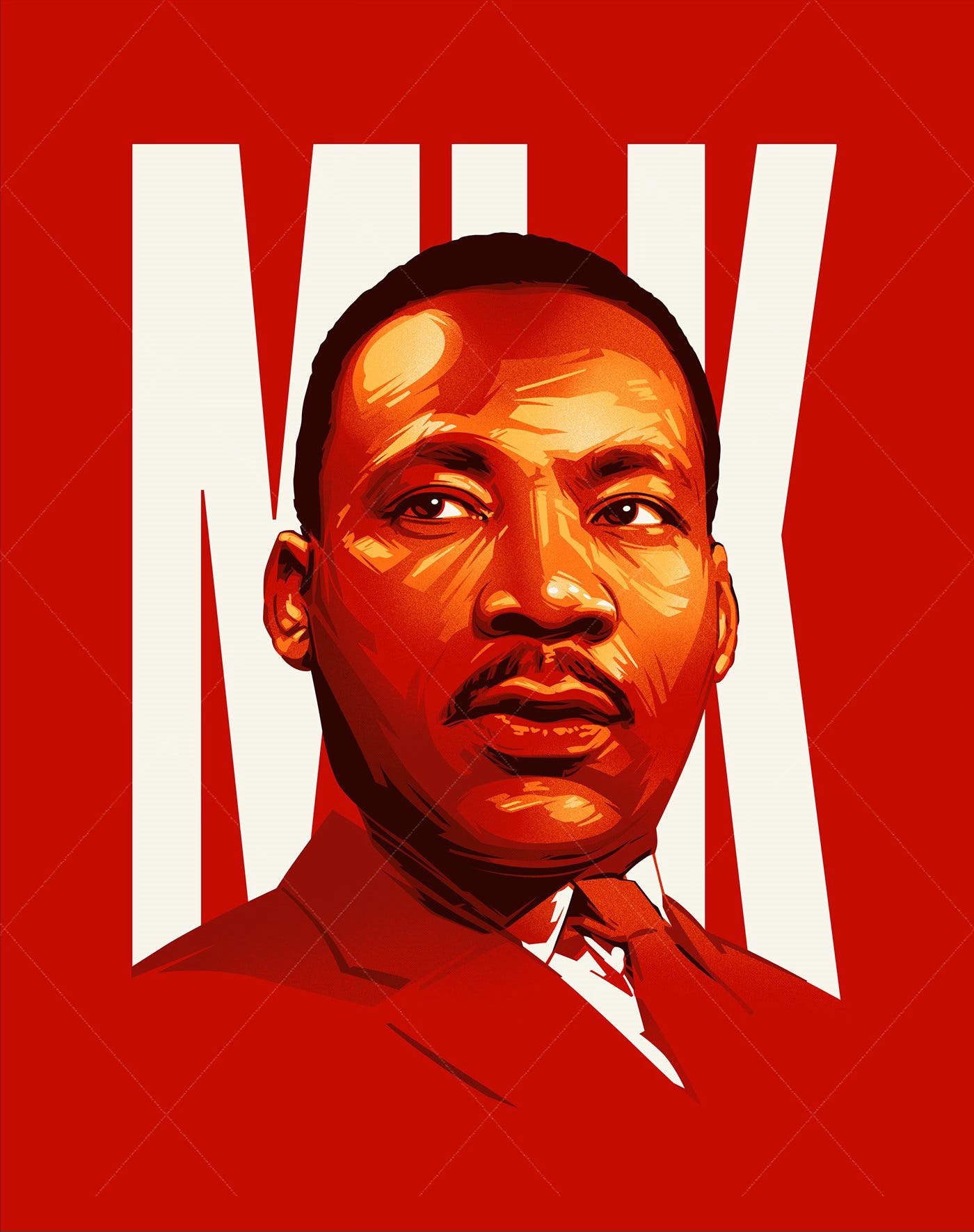The creaky wooden walls of the small cottage bowed outward in the unusually steamy fall weather. The conversations inside were even more heated.
It was 1967 and inside that cottage The Reverend Dr. Martin Luther King Jr. stood triumphant. He’d led a historic march on Washington and made a speech for the ages. He had ushered in the Civil Rights Act and the Voting Rights Act, both of which transformed the way all Americans lived and worked. He was even becoming a global icon, winner of the most recent Nobel Peace Prize.
Alongside him stood activists from Black, Native American, Puerto Rican, and Mexican-American organizations, eagerly listening as MLK began to explain what he always knew was the second part of his life’s work: economic freedom for all people.
He would die four months later.
The economy cannot be separated from justice
Keep reading with a 7-day free trial
Subscribe to UnfairNation to keep reading this post and get 7 days of free access to the full post archives.





